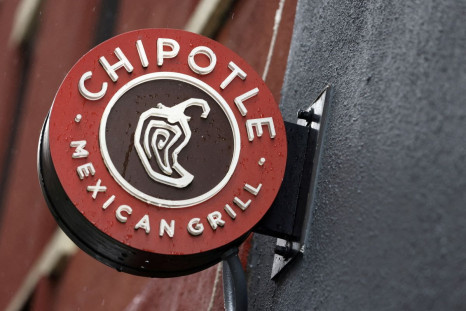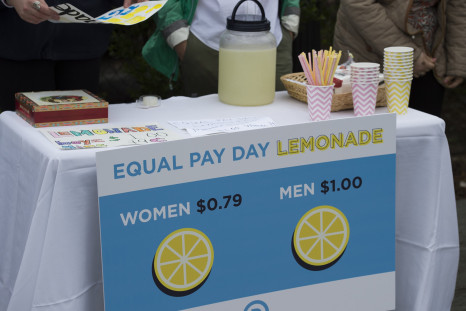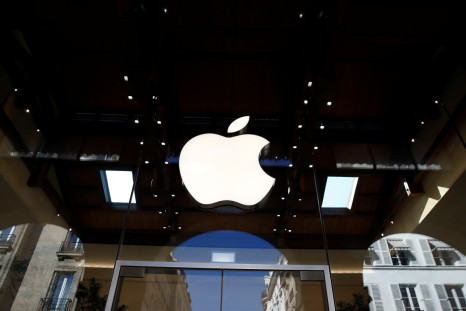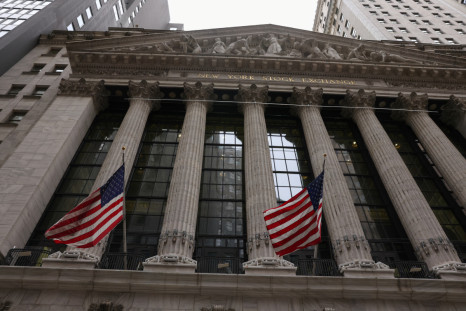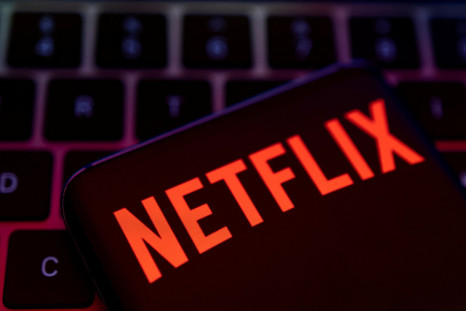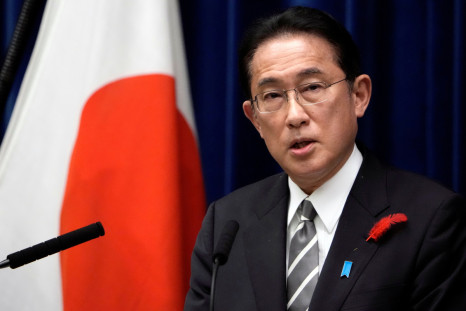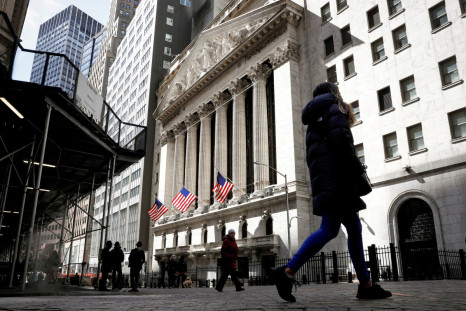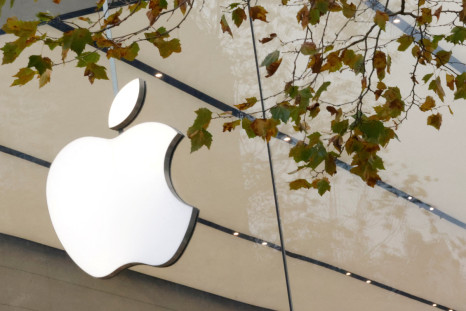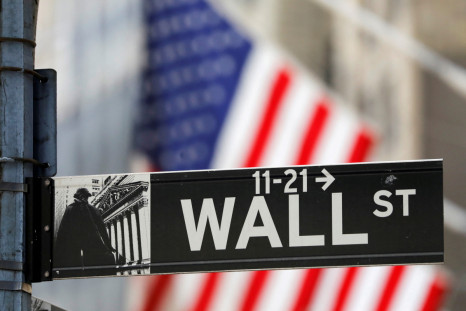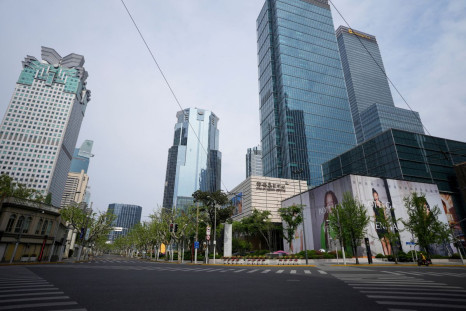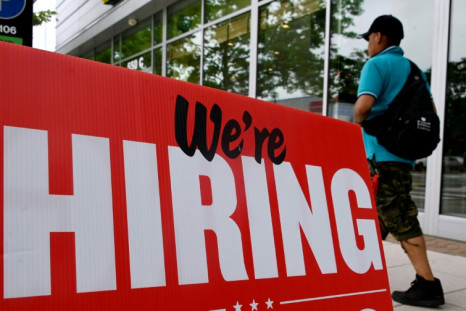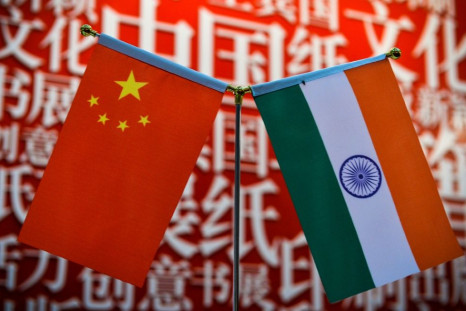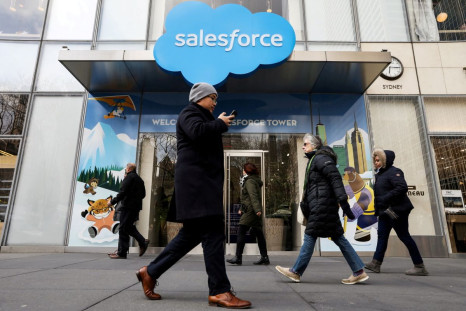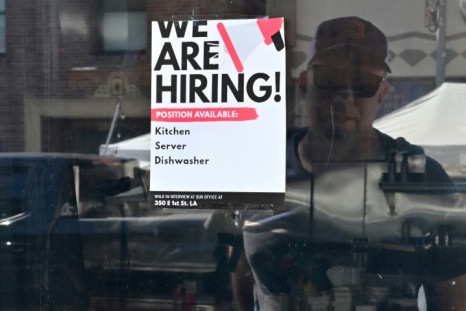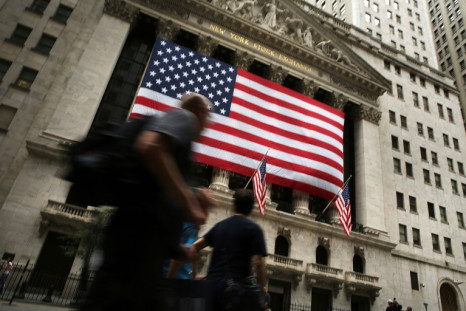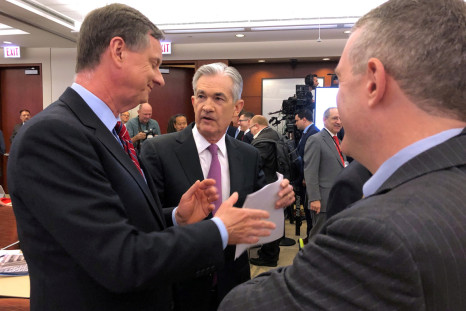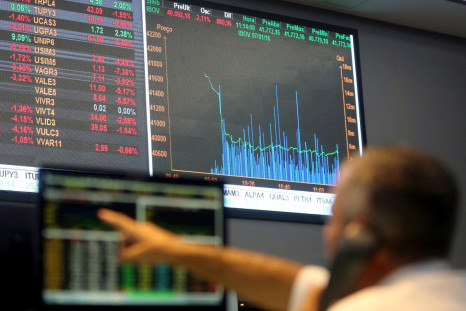Both chains have reportedly maintained momentum even in the pandemic era and are ready for another good year ahead, beating the rest of the QSR sector.
Sri Lanka has been on the doorsteps of the IMF multiple times, asking for assistance to cope with a debt crisis.
The controversy of CEO pay is old, but it gets a new spin at challenging times of high inflation and a slowing economy, making life hard for the typical worker.
A jump in Netflix's subscriber growth and a wave of layoffs by large tech companies set the stage for a tech rally as the fourth-quarter reporting season unfolds in the next couple of weeks.
Apple's stock has been out of favor with Wall Street in the last six months, with its shares underperforming the broader market.
Wall Street is on a roller coaster again, bouncing back and forth between soft and hard landing scenarios and taking traders and investors on a wild ride.
Wall Street is highly anticipating the results of Netflix's fourth-quarter earnings.
Slowly, Japan is turning from a "solid shield" to a "sharp spear," to use the recent description used by Chinese official media.
Traders and investors have concluded that the context, conditions, and circumstances that produce inflation have changed.
Apple is rethinking the way it makes its products. It is gradually shifting from relying on external suppliers for critical components to making them in-house.
A rising interest rate environment is usually bad for households and businesses that borrow money. But it is good for banks as they benefit from rising "net interest rate spread."
Thursday's CPI showed inflation is slowly cooling in the U.S., which could mean good news for Wall Street.
The easing of supply chain constraints has begun to put downward pressure on prices on the economy's supply side.
President Ferdinand Marcos Jr. visited China to strengthen ties with Beijing and establish direct communication channels between the two sides on maritime issues.
China's nonfinancial debt reportedly stands at $51.87 trillion or 295% of the GDP, higher than Japan and the U.S.
Most of the job gains were in the private sector, in industries benefiting from the re-opening of the economy, like leisure and hospitality, followed by healthcare and construction.
Mexico is the second most popular destination for Americans planning to relocate to another country for retirement.
2023 will be a challenging year for the housing industry for several reasons.
India still needs to deploy the advantages it has to attract foreign investment and catch up with China.
Have valuations been depressed far enough to make U.S. stocks a bargain? It depends on the metric used and the expectations of the direction of the U.S. economy.
Wall Street's enthusiasm for Salesforce's shares could be short-lived, as the company's big problem isn't the employee count but its growth strategy.
The December jobs report could play a major role in the Federal Reserve's decision to end interest rate hikes.
The average price for 2023 is expected to be at $81.5 versus $94.2 in 2022 — a 13.5% decline.
An Interview With Kostas Skrekas, Minister of the Environment and Energy of Greece
Xi Jinping's strategy is said to adhere to Sun Tzu and "The Art of War": Take small moves to outflank the enemy, which he will see as threatening once it's too late.
Investors can make money in both bull and bear markets, provided that they know how recessions affect different sectors of the economy.
Central banks around the world are determined to do whatever it takes to fight inflation, including pushing the world economy into recession.
Now, Manila is trying to correct former President Rodrigo Duterte's flip-flops by increasing military patrols in the disputed waters area.
Stocks are waiting for the Santa Claus Rally.
Prime Minister Fumio Kishida's government made critical revisions to Japan's security chart, lifting some of the impediments preventing the country from rearming.
Editor's pick



